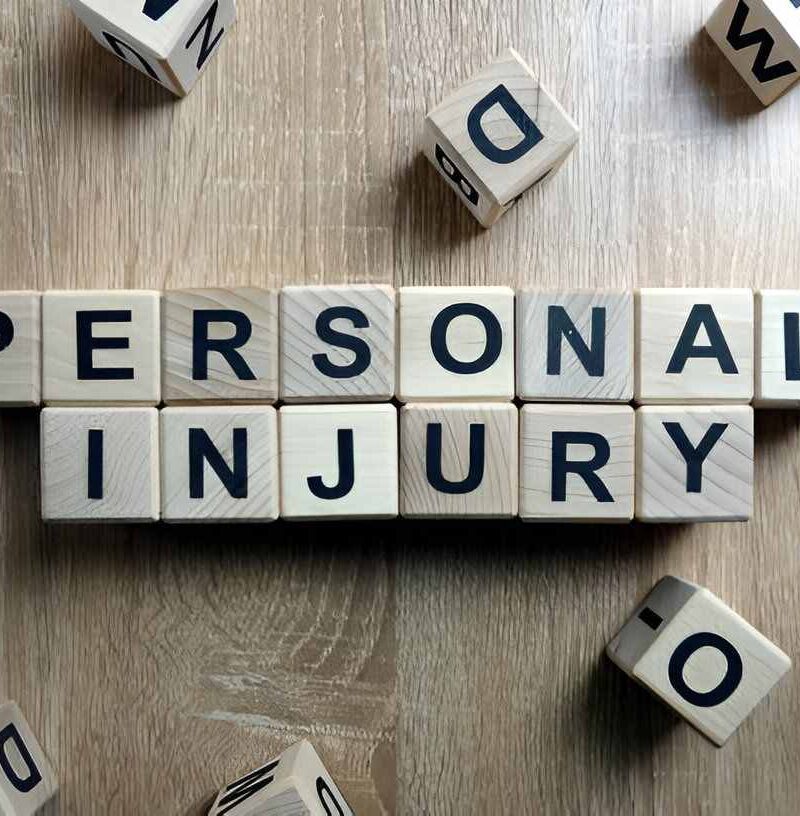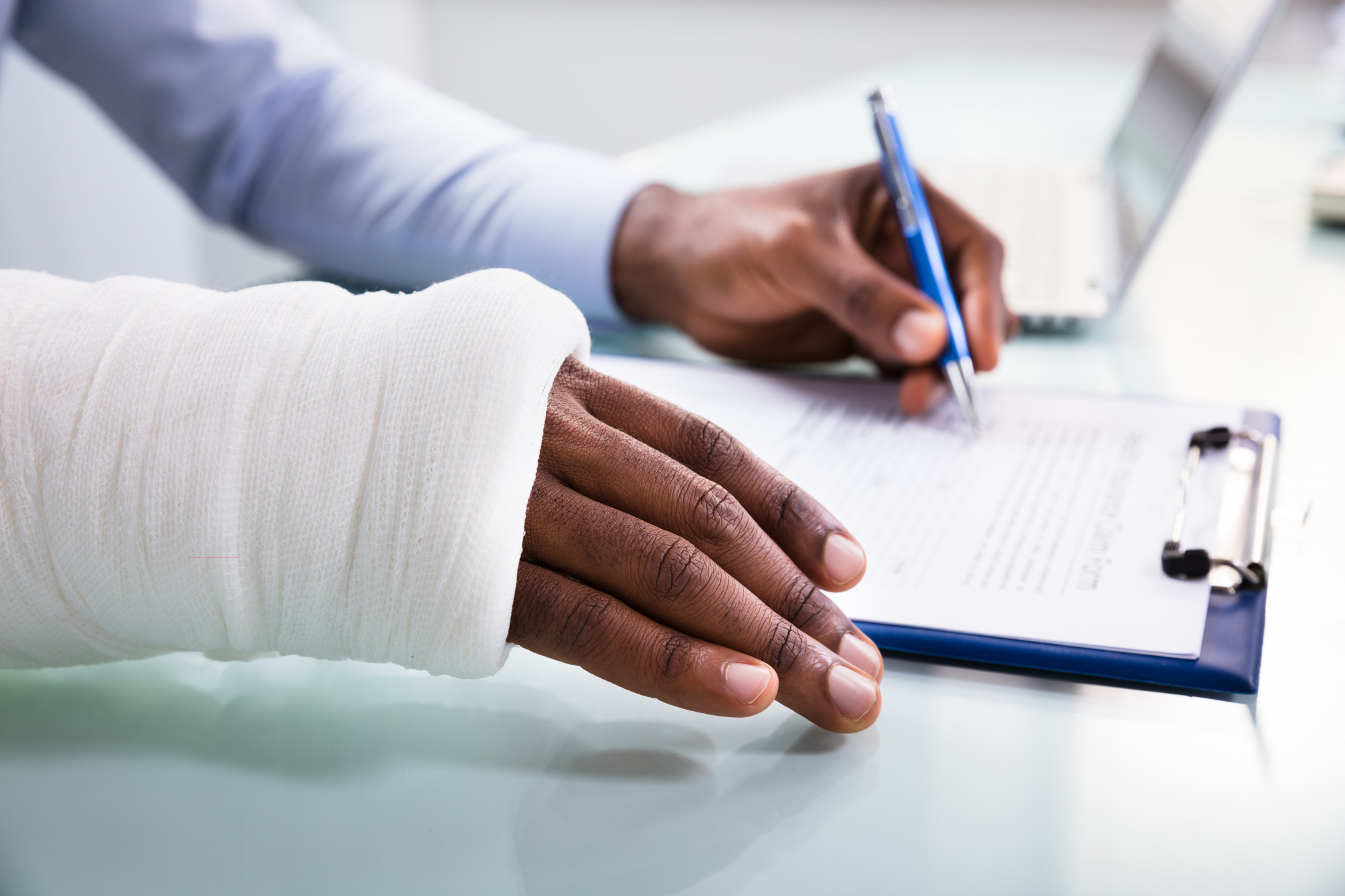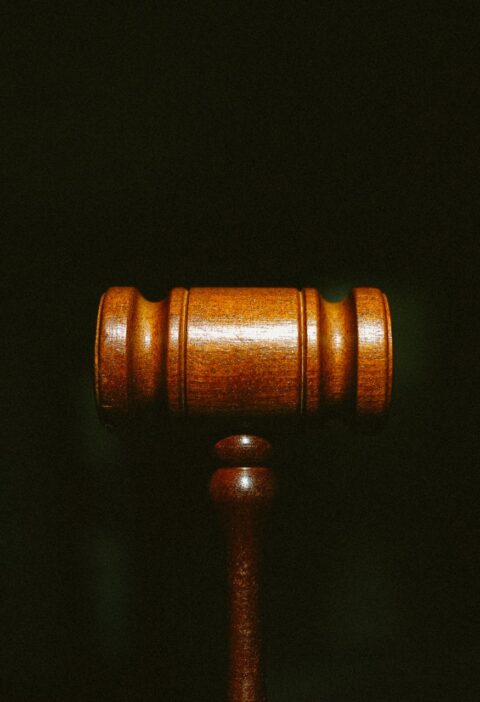When you’ve been injured due to someone else’s negligence, navigating the path to fair compensation can be challenging. This guide will help you understand the essential steps to take and the key factors to consider when pursuing a personal injury claim.
Understanding the Basics of Personal Injury Law
Personal injury law is designed to protect individuals who have suffered harm due to the actions or negligence of others. Whether you’ve been injured in a car accident, a slip and fall incident, or through medical malpractice, it’s crucial to understand that you have rights.
Insurance companies and large corporations often have teams of lawyers working to minimize payouts. That’s why it’s essential for injured parties to arm themselves with knowledge and, when necessary, seek professional legal representation to level the playing field.
Immediate Steps After an Injury
Prioritize Your Health
Your well-being should be your primary concern. Seek medical attention immediately, even if your injuries seem minor. Some injuries may not be immediately apparent, and prompt medical care creates a crucial link between the incident and your injuries, which is vital for your claim.
Document Everything
Start a detailed record of your injury and its impact on your life. This documentation should include:
- Daily pain levels and symptoms
- How the injury affects your routine activities
- Impact on your work and personal relationships
- Any emotional or psychological effects
This comprehensive record will provide valuable evidence of how the injury has affected your life, strengthening your case for fair compensation.
Gathering and Preserving Evidence
Building a strong personal injury claim relies heavily on evidence. Be sure to:
- Photograph your injuries and the accident scene
- Obtain copies of any official incident reports
- Collect contact information from witnesses
- Keep all medical records and bills
- Document any property damage
- Save receipts for all injury-related expenses
This evidence will be crucial in establishing the extent of your damages and linking them directly to the incident.
Role of a Personal Injury Attorney
After addressing immediate medical concerns and gathering initial evidence, consulting with an experienced personal injury attorney can be invaluable. A skilled lawyer can:
- Assess the strength of your case
- Handle communications with insurance companies
- Gather additional evidence and expert testimonies
- Accurately calculate the full extent of your damages
- Negotiate on your behalf for fair compensation
- Represent you in court if necessary
Most personal injury attorneys offer free initial consultations and work on a contingency fee basis, meaning they only get paid if you win your case.
Determining Fair Compensation
Calculating appropriate compensation in personal injury cases involves several factors:
Economic Damages
- Current and future medical expenses
- Lost wages and diminished earning capacity
- Property damage
- Out-of-pocket expenses related to the injury
Non-Economic Damages
- Pain and suffering
- Emotional distress
- Loss of enjoyment of life
- Loss of consortium
Attorneys and insurance companies use specific formulas to calculate these damages, taking into account the severity and long-term impact of the injury.
Importance of Patience in the Process
Securing fair compensation often requires time and persistence. While it may be tempting to accept an early settlement offer, especially when facing mounting bills, it’s crucial to ensure that the compensation adequately covers all your damages, including potential future expenses.
Your attorney can help you understand the true value of your claim and advise on when it’s appropriate to settle or proceed to trial.
Conclusion
Navigating a personal injury claim can be overwhelming, especially while recovering. By knowing your rights, taking immediate action, and seeking legal guidance, you can improve your chances of fair compensation. Focus on your recovery while ensuring your legal and financial interests are protected.







